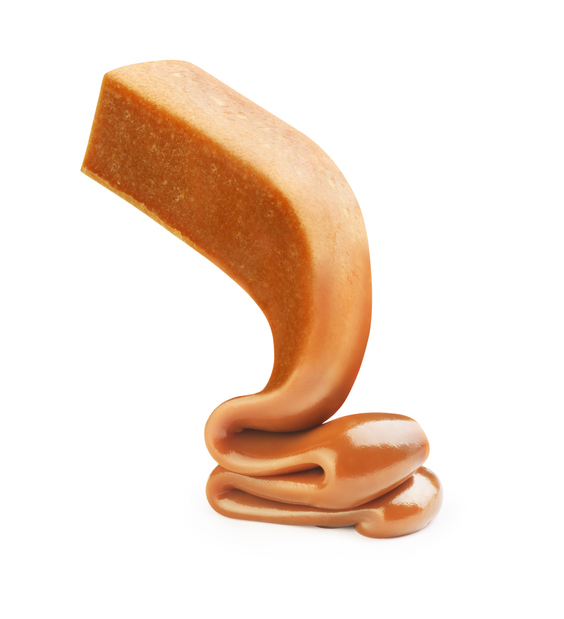Psychorheology
Psychorheology is a term that is familar to the food industry, having been used for many years. Its use in other areas, such as consumer products, is slowly starting to make its way into the common lexicon. Psychorheology is the relationship between instrumental data and sensory data. Sensory data may include 'mouth-feel', warmness, and richness. Consumer products companies often conduct panel studies on their developmental products. An assembled panel of consumers will test different formulations of hand creams, and then will fill out forms ranking the creams in terms of smoothness, thickness, slimyness, stringiness, warmth, and a variety of other sensory perceptions. While these rankings are very important to marketing and development people, it would be beneficial to R&D staff to be able to assign these characteristics to new formulations without the time and cost of assembling the panels. By assembling a database of quantitative, instrument-based numbers that are associated with the panels' more qualitative perceptions, the researcher can a priori tell how their new formulation will be perceived.

One single test is usually insufficient for this type of analysis. Rheology, or the study of fluid motion, is most commonly employed, as it provides information on viscosity, elasticity, and other properties that scale with sensory perception. However, other tests are employed. For example, smoothness or slimyness is usually associated with coefficient of friction, with slimyness also associated with the rheological properties of the material. Stickiness is a property associated with both tack and extensional flow properties, whereas stringiness is more associated with extensional flow properties alone. The gel-like behavior associated with high quality shampoos is related to the yield stress properties of the material; the material will retain its form under gravitational conditions, but will flow when sheared between the hand and scalp.
Cambridge Polymer Group assists clients with designing a testing suite to characterize the psychorheological characteristics of their materials, with the intent of finding testing conditions that distinctly separate formulations that have shown a sensory separation in field testing. With these suites, we then characterize the client's formulations, forming a database of properties, from which R&D staff from many divisions within the company can select components to achieve a specific sensory experience.